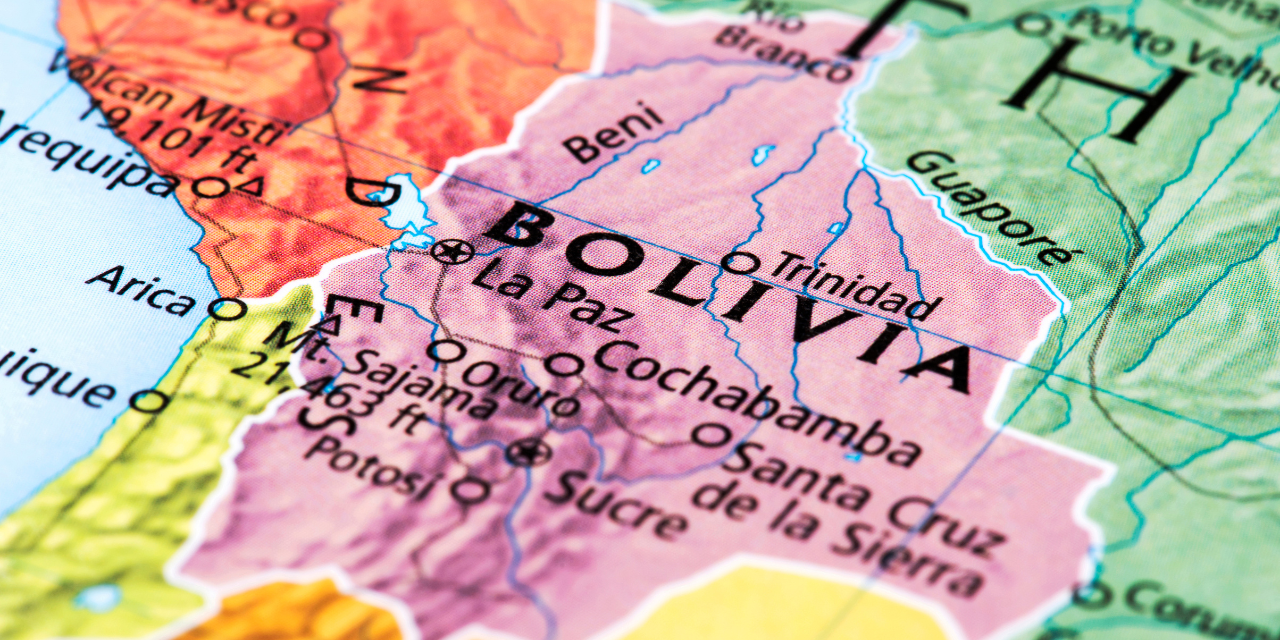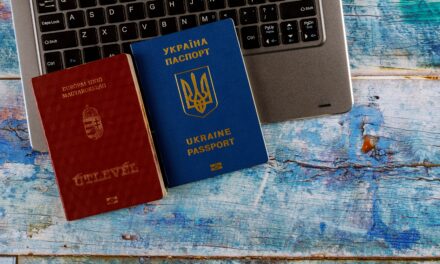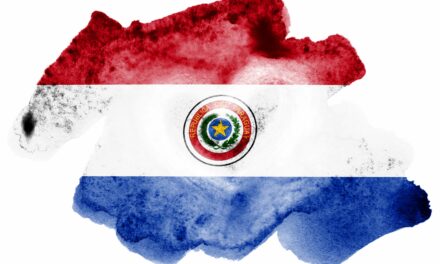Introduction
Are you a global nomad looking for a new destination to call home? Bolivia might just be the perfect place for you. With its unique territorial tax system and a range of benefits for foreigners, Bolivia has been attracting an increasing number of individuals seeking residency and citizenship. In this comprehensive guide, I will walk you through the process of obtaining residency and citizenship in Bolivia, while highlighting the territorial tax system benefits that make this country an attractive option for relocation.
Over the past few years, Bolivia has seen a surge in interest from global nomads who are drawn to its rich culture, stunning landscapes, and affordable cost of living. The country offers a unique blend of modern amenities and traditional charm, making it an ideal destination for those seeking a change of scenery. However, before embarking on your journey to Bolivia, it is crucial to understand the requirements and process for obtaining residency and citizenship.
Obtaining residency and citizenship in Bolivia comes with a range of benefits that make it an appealing choice for foreigners. One of the key advantages is Bolivia’s territorial tax system, which offers significant tax benefits to individuals who become residents. This means that as a resident of Bolivia, you will only be taxed on income earned within the country, rather than your worldwide income. This can result in substantial savings for foreign investors and entrepreneurs.
Understanding the requirements and process for obtaining residency and citizenship in Bolivia is essential to ensure a smooth transition and integration into the country. By familiarizing yourself with the necessary steps and documentation, you can navigate the process with confidence and ease. Whether you are looking to relocate for business opportunities, retirement, or simply a change of scenery, Bolivia offers a range of options to suit your needs.
Understanding the Territorial Tax System in Bolivia
One of the key factors that make Bolivia an attractive destination for foreigners is its territorial tax system. But what exactly is a territorial tax system and how does it benefit individuals looking to relocate to Bolivia?
A territorial tax system is a tax regime in which individuals are only taxed on income earned within the country’s borders. This means that if you become a resident of Bolivia, you will only be required to pay taxes on income generated within Bolivia, rather than your worldwide income. This can result in significant tax savings for foreign investors and entrepreneurs.
The territorial tax system in Bolivia is designed to attract foreign investment and promote economic growth. By offering tax advantages and incentives to foreigners, Bolivia aims to create a favorable business environment and encourage individuals to contribute to the country’s development.
One of the key benefits of the territorial tax system in Bolivia is the low tax rates for individuals and businesses. The country has a progressive tax system, with tax rates ranging from 7% to 13% for individuals and a flat rate of 25% for businesses. These relatively low tax rates make Bolivia an attractive option for individuals and businesses looking to minimize their tax liabilities.
In addition to the low tax rates, Bolivia also offers a range of tax incentives and exemptions for foreign investors. These incentives can include tax holidays, reduced tax rates for specific industries, and exemptions on certain types of income. By providing these incentives, Bolivia aims to attract foreign investment and stimulate economic growth in targeted sectors.
For example, Bolivia offers a tax exemption on dividends received from foreign subsidiaries, making it an appealing option for multinational companies looking to expand their operations in South America. This exemption can result in significant tax savings for companies operating in Bolivia.
Furthermore, Bolivia has entered into double taxation treaties with several countries to avoid the double taxation of income. These treaties ensure that individuals and businesses are not taxed twice on the same income, providing further tax relief for foreign investors.
Overall, the territorial tax system in Bolivia offers numerous benefits for foreigners looking to relocate to the country. From low tax rates to tax incentives and exemptions, Bolivia provides an attractive tax environment for individuals and businesses alike. By taking advantage of these benefits, foreign investors and entrepreneurs can maximize their financial opportunities and contribute to Bolivia’s economic growth.
Residency and Citizenship Process in Bolivia
Now that you understand the benefits of Bolivia’s territorial tax system, let’s delve into the process of obtaining residency and citizenship in this beautiful country. Whether you are looking to establish a temporary or permanent presence in Bolivia, there are specific requirements and procedures to follow.
Requirements for Obtaining Residency in Bolivia
In order to obtain residency in Bolivia, you will need to fulfill certain requirements set by the Bolivian government. These requirements may vary depending on the type of residency permit you are applying for. Here are some common requirements:
- A valid passport with at least six months of validity remaining
- A completed application form
- Proof of financial stability, such as bank statements or proof of income
- Police clearance certificate
- Health certificate
- Proof of accommodation in Bolivia
It is important to note that the specific requirements may vary depending on your individual circumstances and the type of residency you are applying for. It is advisable to consult with a legal professional or the Bolivian immigration authorities to ensure you have all the necessary documents and meet the requirements.
Types of Residency Permits in Bolivia
Bolivia offers various types of residency permits to cater to different needs and circumstances. The two main types of residency permits are temporary residency and permanent residency.
Temporary Residency
Temporary residency permits are suitable for individuals who wish to stay in Bolivia for a specific period of time, such as for work, study, or investment purposes. Some common types of temporary residency permits include:
| Type of Residency Permit | Description |
|---|---|
| Investor Residency | For individuals who wish to invest in Bolivia and contribute to the country’s economic development. |
| Professional Residency | For individuals who have a job offer or employment contract in Bolivia. |
| Student Residency | For individuals who wish to pursue their studies in Bolivia. |
Permanent Residency
Permanent residency permits are suitable for individuals who wish to establish a long-term presence in Bolivia. Some common types of permanent residency permits include:
| Type of Residency Permit | Description |
|---|---|
| Retiree Residency | For individuals who are retired and wish to spend their retirement years in Bolivia. |
| Family Residency | For individuals who have family members who are Bolivian citizens or permanent residents. |
| Investor Residency | For individuals who wish to make a significant investment in Bolivia and contribute to the country’s economy. |
Benefits and Privileges of Holding Residency in Bolivia
Obtaining residency in Bolivia comes with a range of benefits and privileges. As a resident, you will have access to various services and opportunities that contribute to a high quality of life. Some of the benefits of holding residency in Bolivia include:
- Access to healthcare services
- Access to education and scholarships
- Ability to work and do business in Bolivia
- Freedom to travel within Bolivia
- Opportunity to apply for citizenship after meeting the requirements
These benefits make Bolivia an attractive destination for individuals and families looking to establish a new life in a welcoming and vibrant country.










